Alcoholic depression is a form of mental disorder in which a patient with alcoholism developed a sharp depression of mood, isolation, hidden aggressiveness.
Depression can develop:
Severe alcoholic depression was studied as an individual pathology in 1920, E. Bleuler. The scientist drew attention to the similarity of the manifestations occurring in persons who abuse alcohol, with melancholia in manic-depressive psychosis.
Resulting alcohol depression
The likelihood of developing this condition is higher the older the patient. This dependence is caused by age-related disorders of metabolic processes and the growing, long-term intoxication.
The onset of depression is based on the violation of the functions of neurotransmitters, particularly serotonin. Alcohol can cause a deficiency of this substance in the body, which leads to changes in nervous system functions.
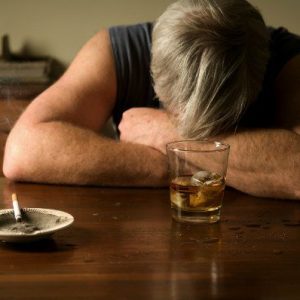
The steady accumulation of ethanol in the body and slow excretion of toxic metabolic products (acetaldehyde) that causes progressive destruction of nerve cells. The older a person is, the slower is his neutralization of poisons. The combination of destruction of nervous tissue, and serotonin imbalance, are the main pathogenetic mechanisms of formation of alcoholic depression.
The metabolism of magnesium and calcium contributes to the blocking of cellular metabolism and the development of neurological manifestations – chills, palpitations, sweating.
Contributes to the development of depression and a genetic deficiency of alcohol dehydrogenase, the enzyme which causes rapid “recycling” of intermediate products of alcohol metabolism – acetaldehyde. A reduced amount of this enzyme leads to excessive accumulation of poisons and contributes to the development of a clinic depression.
Manifestation of alcoholic depression
The severity of depressive symptoms depends on what period of alcoholism there is a condition.
If we are talking about the first variant of depression that developed on the background of excessive alcohol abuse, it may last long, in the form of light, and pass on their own, without medical intervention. This form is characterized by depressed mood. The patient experiences a feeling of guilt for alcoholic excess. However, he feels a pronounced fatigue (by reducing the amount of glucose in the blood), weakness of the whole body. He is overcome by anguish, confusion, anxiety, sensitivity to external stimuli. Duration easy postecoglou depression does not exceed a few days.
The second type of depressive disorder characteristic withdrawal syndrome. Of his more heavy. The development of this type of depression is a few days after the binge, against the backdrop of severe alcohol withdrawal States in patients with advanced stages of alcoholism. This depression was described in 1920 and Bleuler called it the alcoholic melancholy. Last for this disease may be several weeks or even months. Without the help of medicine often face severe complications. Often patients are committed suicidal acts. There is a tendency to recurrence of depressive episodes.
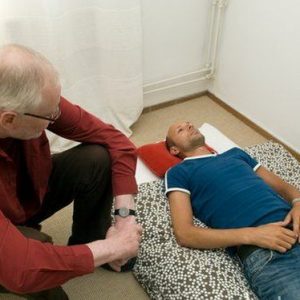
Complaints and manifestations of “alcoholic melancholy”:
- the patient ceases any activities, completely withdraws into himself, can spend hours sitting motionless, or lie;
- against a background of oppression can develop strong emotional “jumps“. Sick man suddenly out of the doldrums and begins to experience expressed but unproductive euphoria. However, this phase doesn’t last long, and the depression is growing strong again. It is this phenomenon of similarity of alcoholic depression and manic-depressive psychosis noticed Bleuler;
- mental reactions of the patient dramatically inhibited, slowed movement, although you may experience periodic motor activity, but without defined goals;
- affects all types of memory, thinking;
- people in the doldrums stops to sleep. His sleep becomes superficial, restless, with frequent awakenings and heavy, nightmarish dreams;
- gradually develops the complex of uselessness, inferiority. The patient feels worthless. Self-deprecation to make it to suicidal thoughts, which he can bring to a suicide attempt;
- untreated cases are often characterized by phenomena of identity change – of depersonalization. In this state, the patient ceases to perceive themselves and their environment;
- there is growing anxiety that has no reason. Fears contribute to further “care”.
- when trying to figure out what is bothering that person, he will report on the thoughts of hopelessness over their future life, the feeling of complete hopelessness, complete loss of all interests. Against this background, purposive activity becomes impossible;
- expressed the isolation gives periodic aggressive outbursts, fits of spiteful irritability;
In the patient, increasing physiological disorders. Lost appetite, though there may be bouts of heightened desire of eating, in which the patient can eat a lot and everything. The sexual instinct is strongly or completely quenched. Observed changes in the heart function, intestines.
Unlike alcoholic depression from other diseases, especially diagnosis
The main difference between alcoholic depression from other mental States is the lack of hallucinatory experiences, delusional ideas found in the “big” psychiatry. Emotional response in patients with alcoholism, though depleted, but remains. Other depression completely “extinguish” the emotions of patients.
If the psychiatrist determines the patient has initiated the development of the doldrums, at this point it is important to understand whether depression is a manifestation of the complications of alcoholism, or another disease. The doctor should understand in determining if alcohol dependence the development of “hidden” forms of depression in other diseases (bipolar disorder).
Treatment of alcoholic depression
Help with “alcoholic melancholy” you need to have in a hospital, in connection with possible suicidal excesses. In milder cases, can be limited to outpatient therapy.

All therapeutic measures should be considered as part of complex treatment of alcoholism. For this ill conduct explanatory work, as most of them do not recognize the root cause of your condition of the existing alcohol dependence. Therefore, the doctor should convince the patient that he has a primary disease of addiction to alcohol, which causes a corresponding depressive disorder.
In the case of alcoholic psychosis all care is provided in specialized departments of psychiatric and substance abuse hospitals.
Treatment includes:
- drug therapy;
- psychotherapeutic techniques;
- physiotherapeutic effect.
In order to completely remove the symptoms of alcoholic depression, the patient should be treated according to the principle of anti-alcohol treatment.
Gradually assigned:
- Drug-detoxification. The removal of alcohol toxins with a powerful detox solutions and plasma substitutes greatly facilitate depression.
- Sedative therapy. Helps to remove anxiety, fears, negative emotions, aggression, attraction to alcohol. These objectives apply gentle but powerful tranquilizers the psychiatrist individually.
- Antidepressant measures. On the main mental symptoms of depression impact of antidepressants. When selecting these drugs is very important to find immediately the necessary drug. In this case, the doctor’s experience is invaluable.
- General restorative pharmacotherapy. Troubleshooting problems in the Central nervous system, peripheral parts of the nervous system, heart, liver, gastrointestinal tract, improves the physical condition of the patient. This leads to the normalization of psychic background. Apply vitamin therapy, nootropic agents, drugs, to establish metabolism in the cells of the heart, hepatic (liver funds) and for other reasons.
- Psychotherapy. Exposure of the patient to suggestion techniques, rational techniques of persuasion, individual and group psychotherapy is carried out immediately after removal of severe intoxication. In the psychotherapeutic process necessarily included hypnotherapy.
- Physiotherapy. Procedures electrosleep, sea baths, aromatherapy, acupuncture – complement and accelerate the process of withdrawal from alcohol depression.
After removing manifestations of the pathology the patient will be very good to pass a rehabilitation course in one of the specialized recovery centers. The best results are observed in the former patients, who have managed to change your way of life. Especially about leaving the fellowship with a circle of persons associated by memories with alcoholism. New circle of acquaintances with those who value life, healthy, sporting behavior, travel and Hiking allow you to completely change your life and get rid of the complex remaining in the past of the disease.

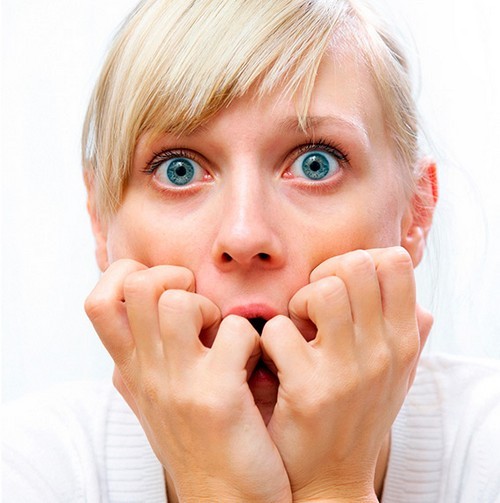
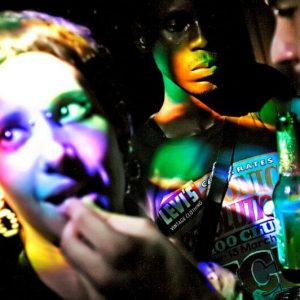
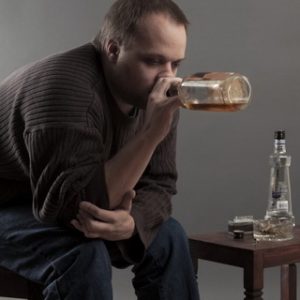
Hi, it’s Kasey again!
I’m contacting because I want to suggest on the great work on the alcohol content on osvilt.com. Things are getting a bit outdated… and Google just updated their algorithm yet again, you know how that’ll negatively impact your biggest free traffic source, if there isn’t a consistent flow of new articles! You see, businesses get majority of their organic traffic from their blogs, and I feel that you could use a little boost, since you are not blogging daily yet.
Blogging takes a lot of time, and we have just the team from USA/Canada to come up with great content you need.
You can have your new article to post on osvilt.com starting at $10 in as little as 5 days!
Appreciate it for this howling post, I am glad I observed this internet site on yahoo.